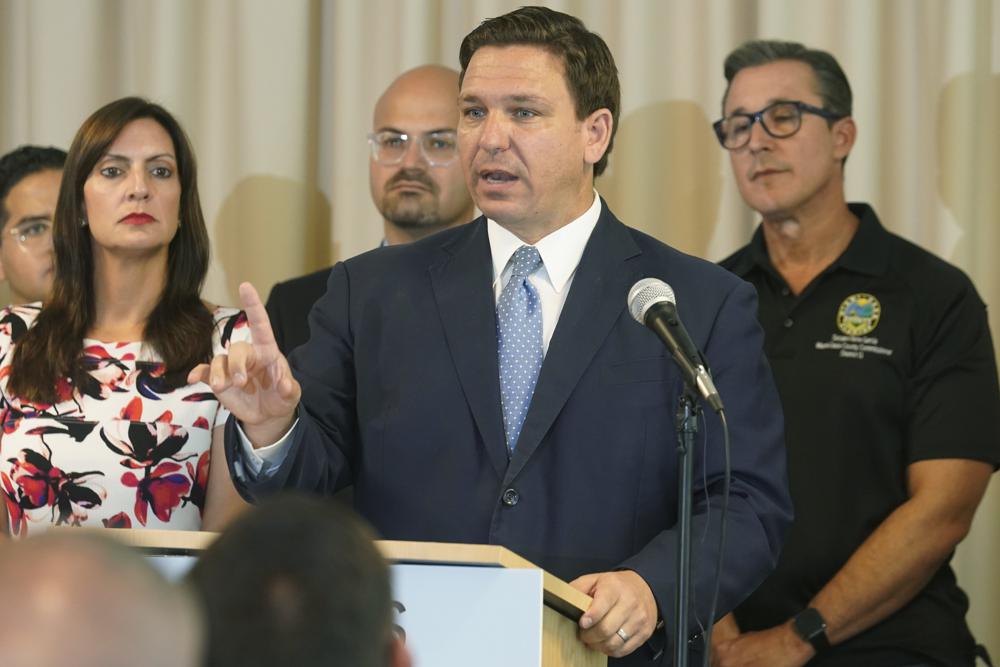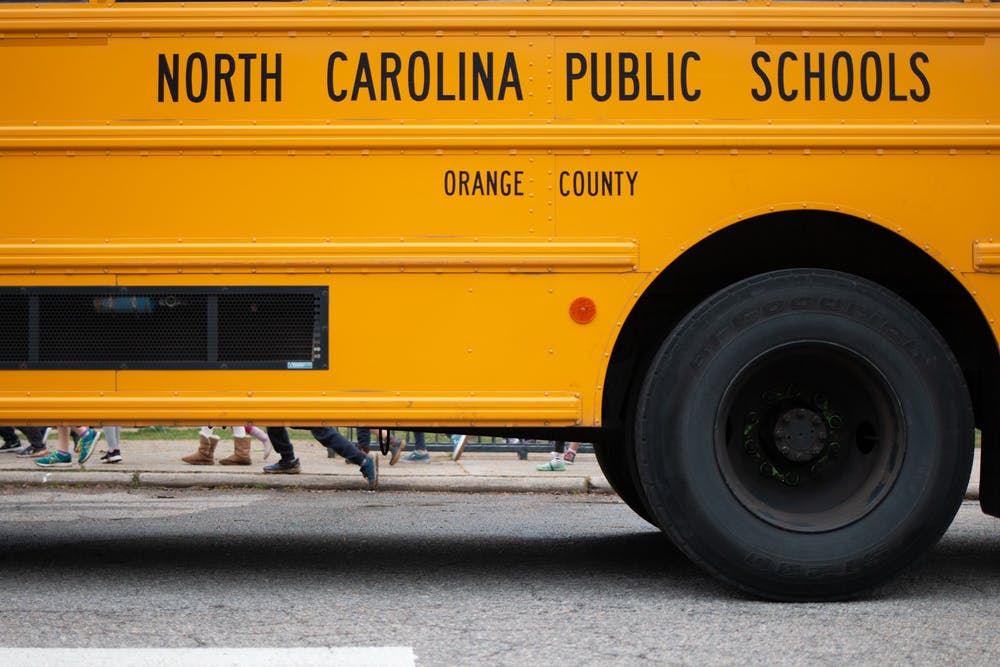Summer is ending, which –for those of us in education– means that phone calls and emails start rolling in from parents concerned about their children’s teachers.
“Is it a good match?”
“Will my child thrive?”
Though I am a fully grown woman with limited mental capacity for recalling why I opened the refrigerator, I still vividly remember when I learned I had Mrs. Vagena for my third grade teacher. (Yes, that really was her name). I wanted out of her class in the worst possible way.
Standing a mere 5’0” tall and weighing in at a cool 90 pounds, Mrs. Vagena could hurl a desk across the room at neck-breaking speed. God so help the kid who randomly stuffed his papers in the desk rather than putting them neatly in the folder because his life took a turn for the worse once his nasty habit was discovered. First she would start yelling about what a pigsty the desk was, and then she would ceremoniously lift the back legs of the desk, dump out its contents, and hurl the desk to the ground leaving the red-faced humiliated 8-year-old to pick up the mess. With her as the teacher, even the most “organizationally challenged” kids discovered coping strategies that resulted in a ‘neat desk.’
Mrs. Vagena was also strict. She was Catholic and came very close to becoming a nun before she ran into a wannabe priest and they made googly eyes at each other. While getting married certainly ended her dreams of nun-hood, it did not diminish her drive for eradicating imperfection from the world. She graded our assignments in red ink, and there was no such thing as partial credit. Answers were either right or wrong because you either did it right or you didn’t. (In fairness to her, she held herself to the same high bar. She worked hard, prepared thorough lessons, and gave 110% every day.)
Mrs. Vagena’s reputation amongst 3rd-graders was that of a tyrant. I cried for a week when I saw my name on her roster posted outside the school building. Back then, in the stone ages of education, parents didn’t call, they didn’t email, and they didn’t raise a fuss if their youngster didn’t like their teacher. Instead they let us suffer through the year.
According to my standardized test scores, I learned many things from Mrs. Vagena. However, here is the lesson that paid off the most: Mrs. Vagena taught me how to deal with difficult people who were in charge of my fate. In fact, every student in that room had to learn to deal with her. Whether we liked it or not, she was the teacher, the boss, the scary tyrant, and the one who determined our whether or not we would be promoted to 4th grade, a.k.a. Mecca. Mrs. Vagena was our world.
Since the 1970s, education has come a long way. Public school teachers are no longer able to throw desks, and principals aren’t allowed to publicly paddle students. Fear and intimidation are losing their places as “educational motivators,” and, personally, I think that is a good thing. Love for something, not fear of it, should be the primary motivator for everything we do in life.
The one area where I think we have room to grow is teaching kids how to adapt to the world. Education, the training ground for life, has become very pupil-centered. Every teacher is taught to meet kids at their individual level and modify instruction as needed. The good part about this approach is that many kids are graduating from high school because there are lots of supports to keep them afloat. I’ve personally blown up dozens of life preservers because I believe in the value of education.
However, the problem with our current system is that we are not training students for life.
Life is not pupil-centered. In fact, it is the opposite. Like the organizationally challenged student who worked extra hard to make their desk neat, we all have to learn to adapt to the world. Sometimes the world is like the nice, warm teacher that makes us feel like we can fly to the moon, and sometimes the world is a lonely place and makes us feel like we can’t do anything right. As long as we have developed the inner resources to adapt to whatever it throws our way, we will make it.
That is what a real education is about.






Comments on Chapelboro are moderated according to our Community Guidelines